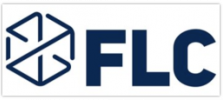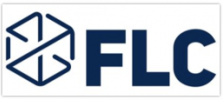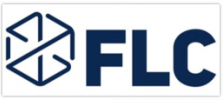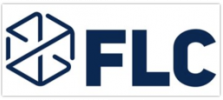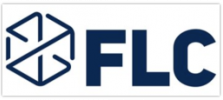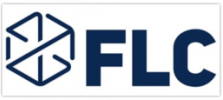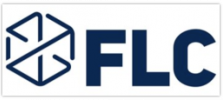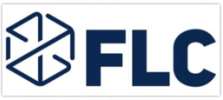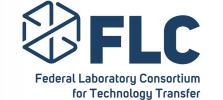Drugs to Treat Malaria Targeting the Plasmodial Surface Anion Channel
Malaria is a life-threatening disease transmitted through the bite of mosquitoes infected with malaria parasites. In 2012, there were an estimated 219 million cases of malaria and an estimated 660,000 deaths, mostly among young children in sub-Saharan Africa. With the effectiveness of current drugs diminishing as resistant strains of malaria have emerged, new drugs are urgently needed. The plasmodial surface anion channel (PSAC) found on the surface of red blood cells infected with malaria parasites offers an opportunity to develop new drugs to treat and prevent malaria.

